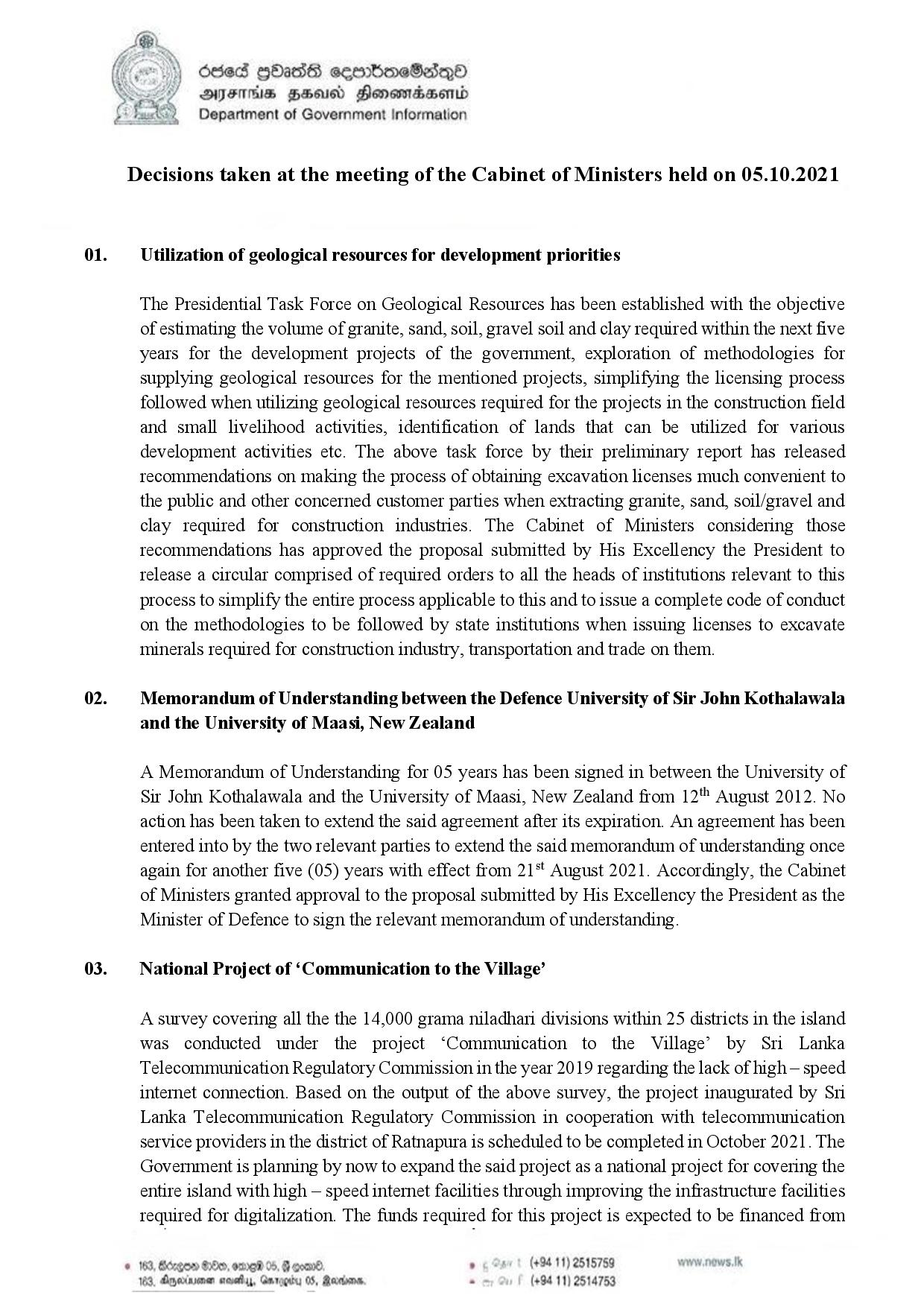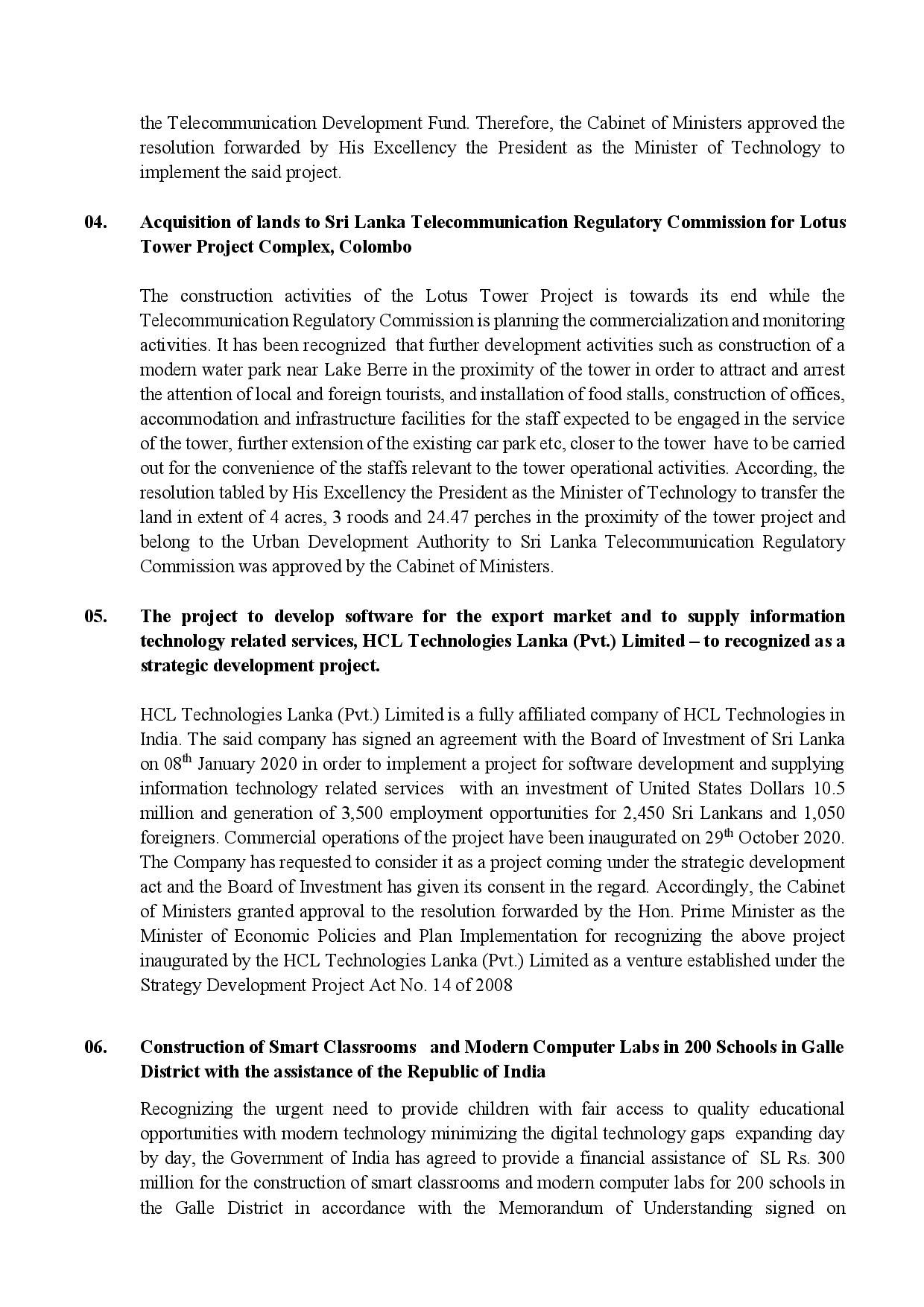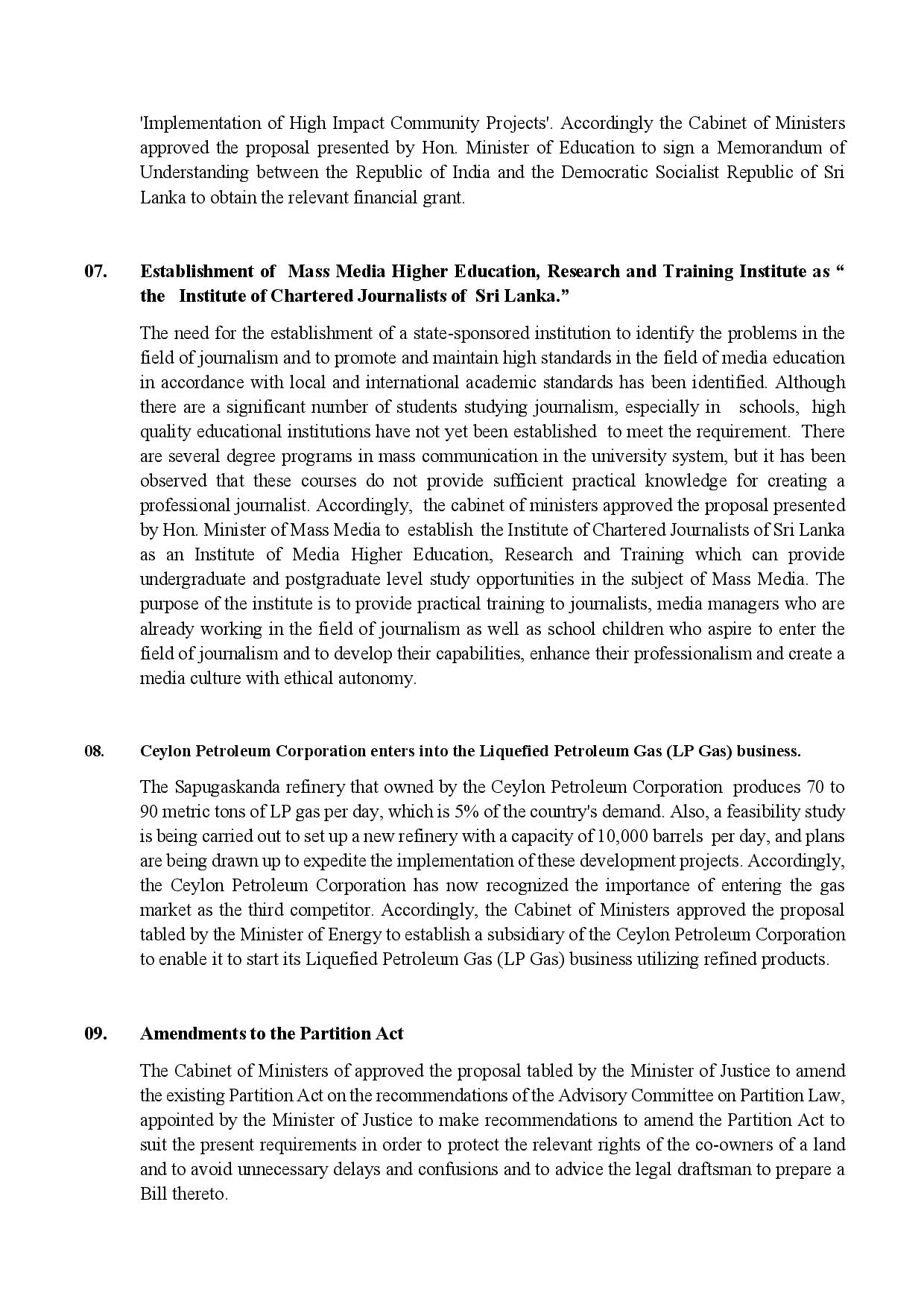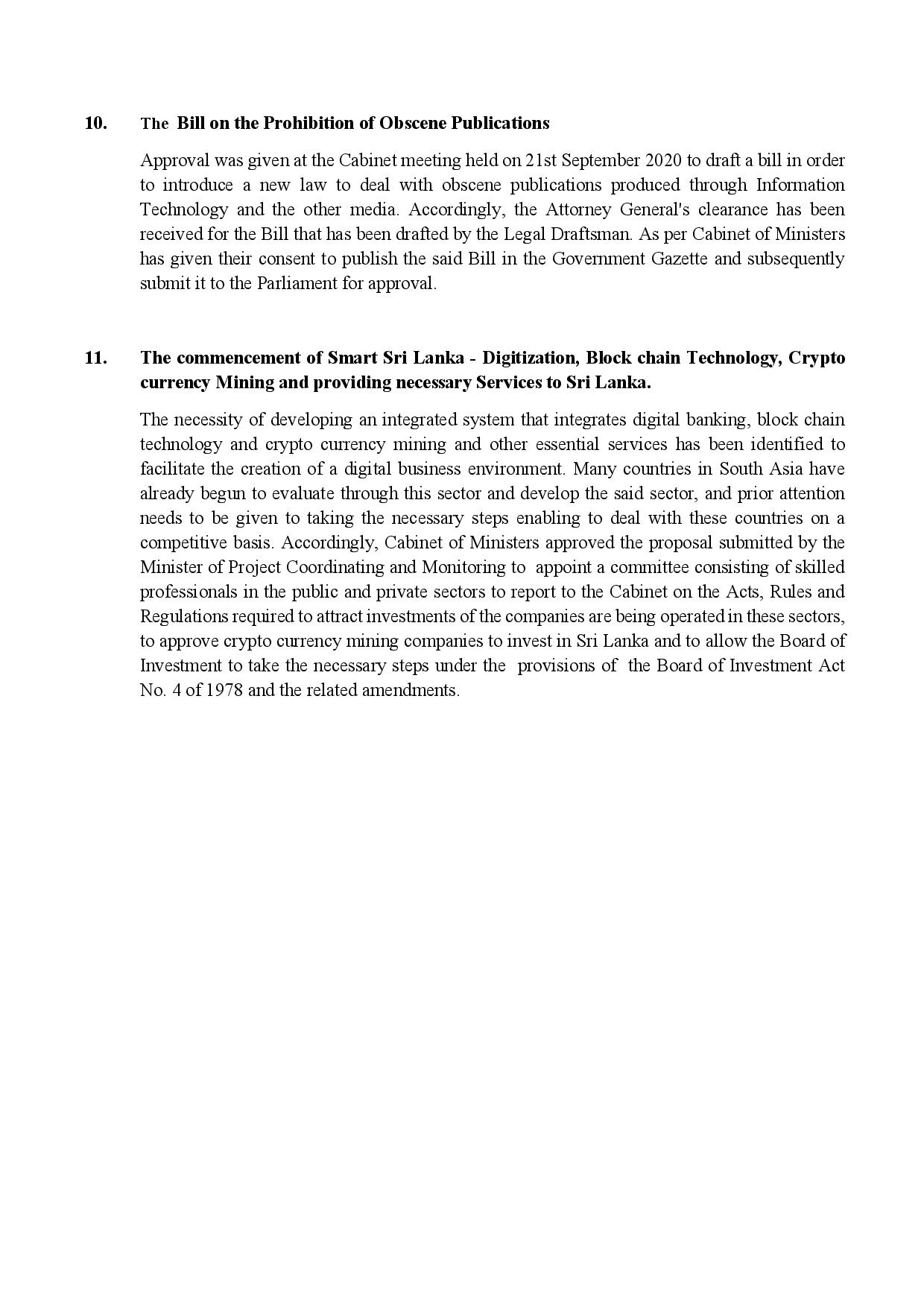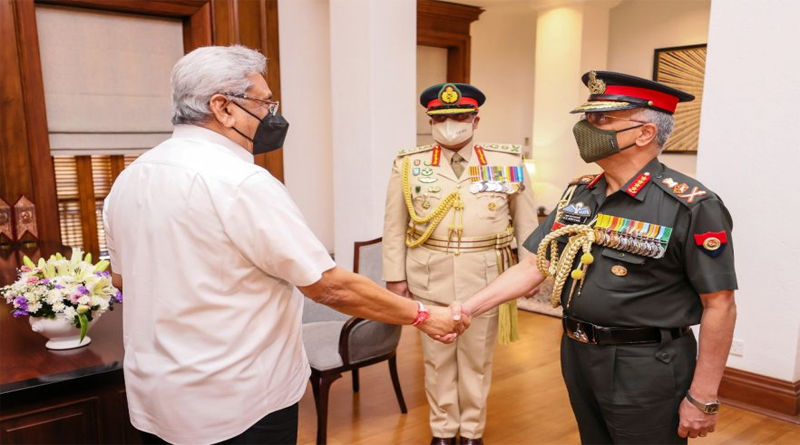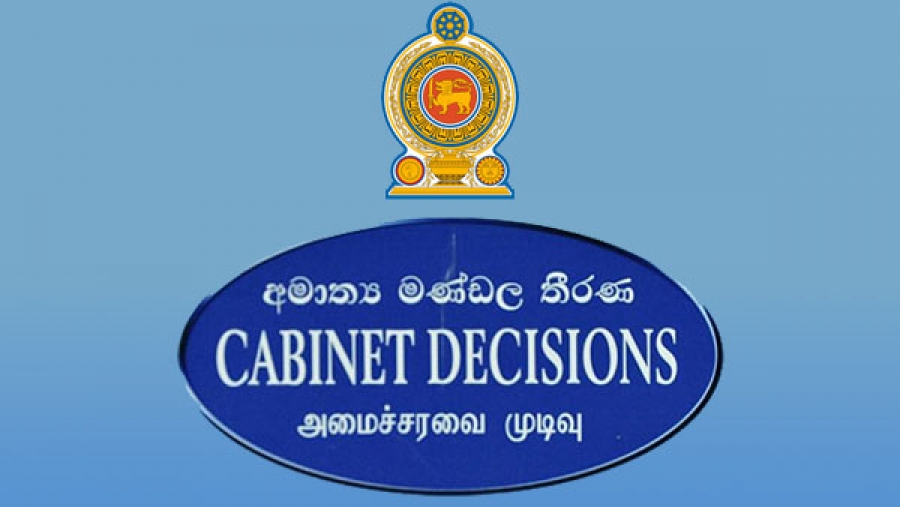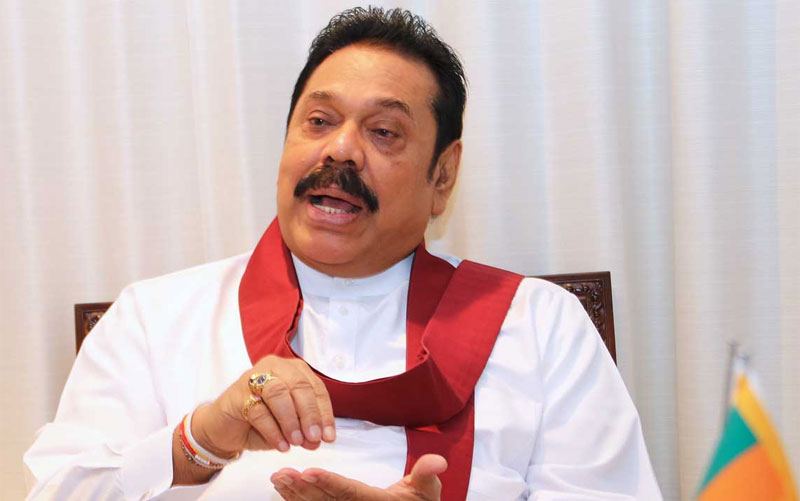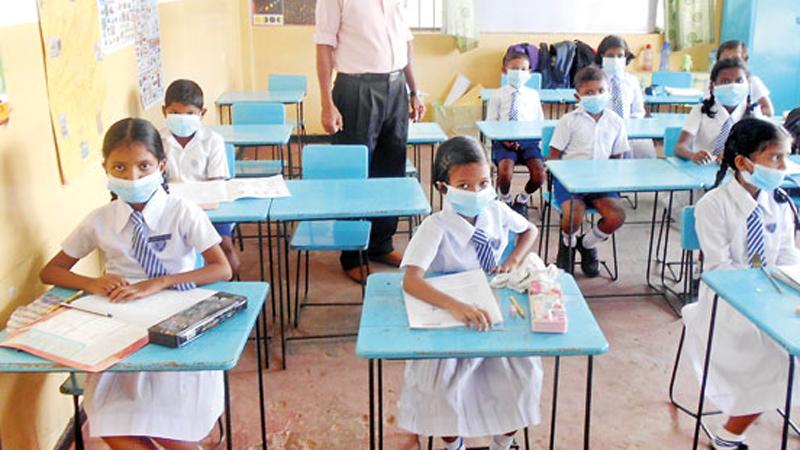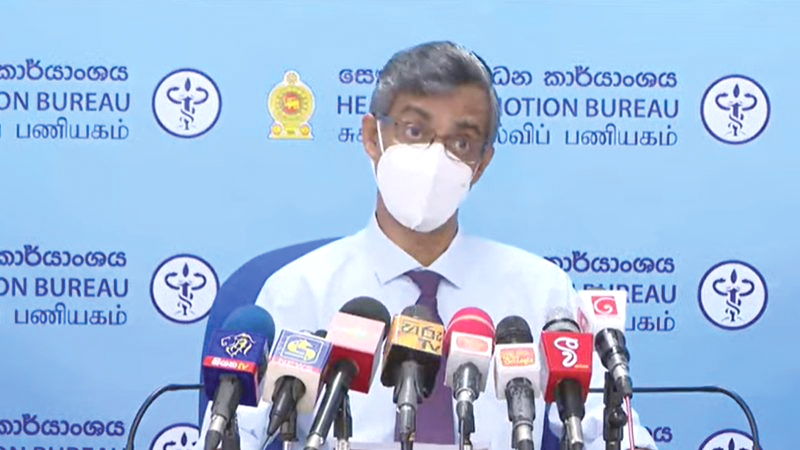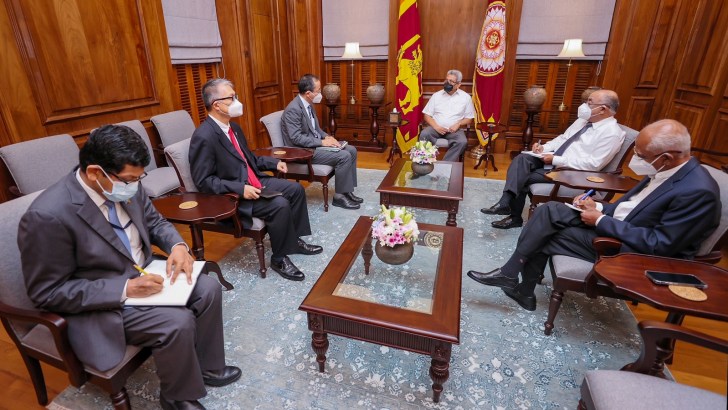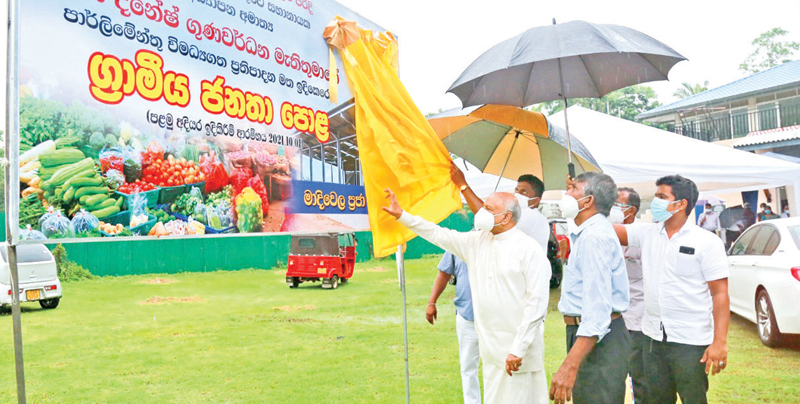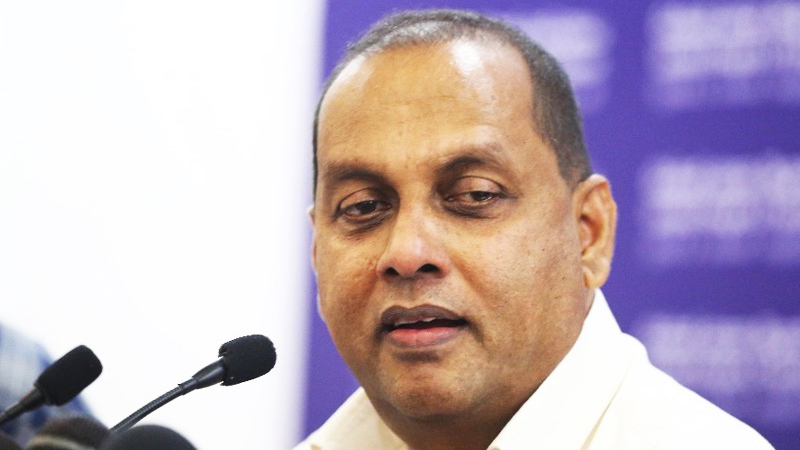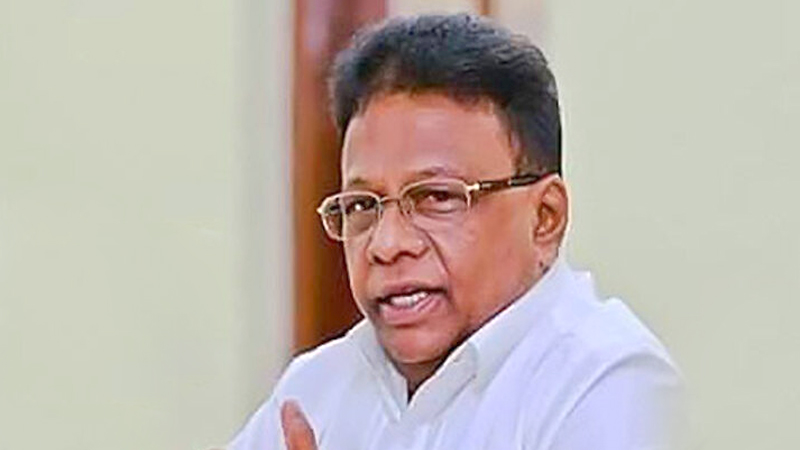Indian Army commander General Manoj Makundh Narawana met President Gotabhaya Rajapakse this morning at the Presidential Secretariat. Commencing the discussion, the Indian Army commander said that his country highly expects stability in neighboring countries for regional security. Recalling military training and experiences in India he had during his military service period, the president praised the leadership skills acquired by local army officers through training in India. The President inquired General Manoj Makundh about ensuring India’s security, military welfare activities in mountain ranges and ranks of Indian army officers sent for training. The Indian Army Commander said that Indian army officers are sent for leadership training after being appointed as a commander and explained about the age limit of various ranks sent on retirement. Nearly 1000 Sri Lankan army officers undergo training annually in India. The Indian army commander said that on a request from Sri Lanka Army Commander General Shavendra De Silva a special training programme for 50 officers will be provided in future. General Manoj Makundh Narawana said that his memory on the experiences during his duty at Trincomale 4th mile post, representing the Indian Peace Keeping Force, was renewed with the tour. The president said he is also happy to speak about recalling the memory in such an occasion as a former army officer. Meanwhile, the Indian Army Commander visited the army headquarters in Battaramulla this morning. Army Commander General Shavendra Silva and Indian army commander held bilateral discussions important to both countries. The Indian Army Commander is visiting Sri Lanka on an invitation from Army Commander General Shavendra Silva.
